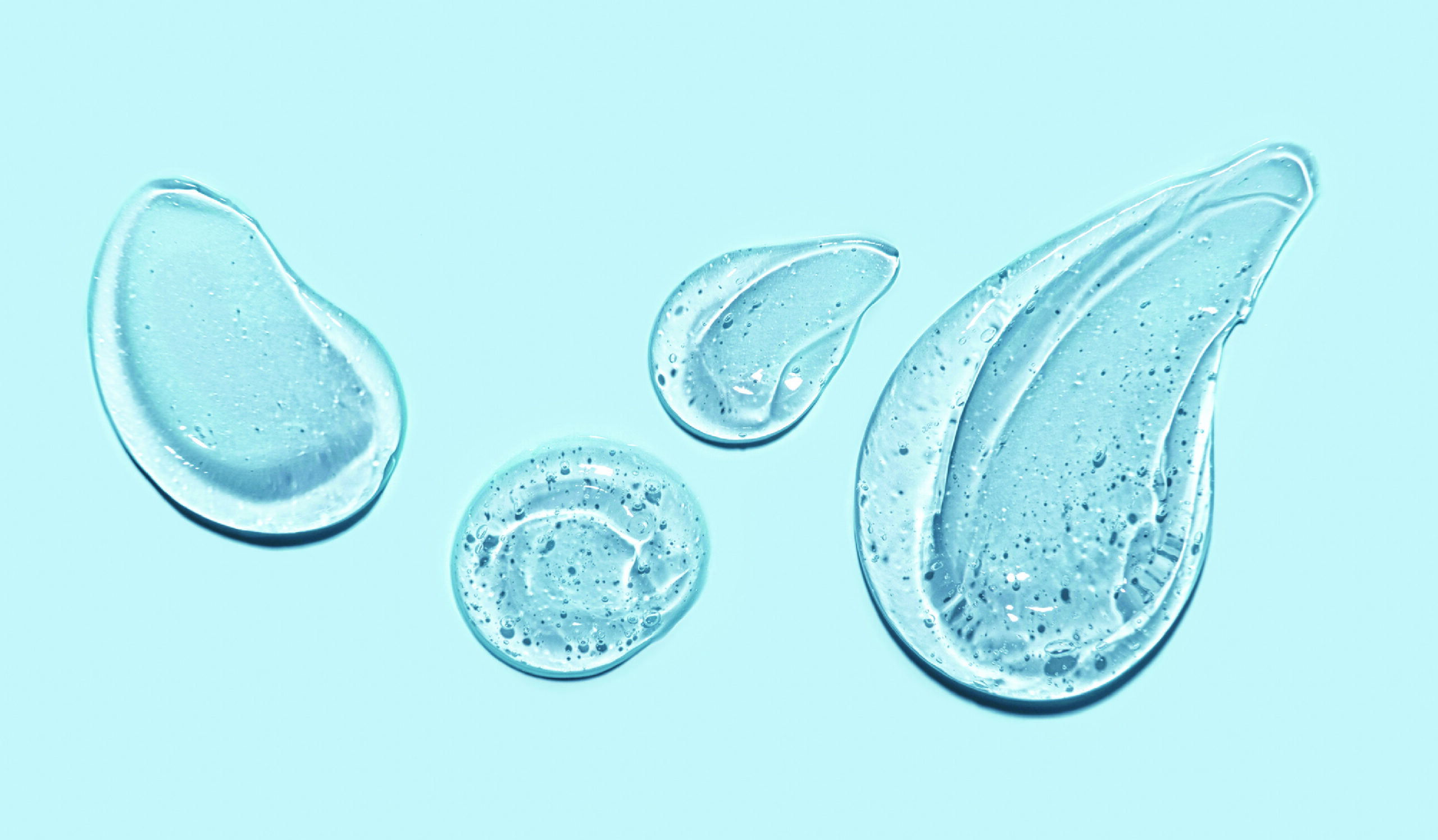A Guide to Retinoids: Understanding Their Benefits and Proper Usage
‘Retinoid’ is an umbrella term to describe a family of compounds derived from vitamin A.
‘Retinoid’ is an umbrella term to describe a family of compounds derived from vitamin A.

In the world of anti-aging skincare & cosmeceuticals, retinoids reign supreme. ‘Retinoid’ is an umbrella term to describe a family of compounds derived from vitamin A. These potent compounds, derived from vitamin A, bind to retinoic acid receptors, acting as transcription factors that influence cellular signaling and proliferation. The benefits of retinoids include increased skin cell turnover, reduction of clogged pores, enhanced collagen production and preservation, and diminish discoloration.
The terms “retinol”, “retinal” and “Retin-A” are sometimes used interchangeably, causing a bit of “vitamin A alphabet soup.” Let’s look into the different types of over-the-counter (OTC) and prescription retinoids, providing insights on when and how to use them, and how you can benefit most from their transformative properties.
Think of “Retinoids” as the family last name. Everyone else falls under the family name. “Retinoids” is a broad term used for vitamin A-based products. Within the family there are members with varying strengths, bioactivities and applications. Our skin houses receptors responsive to retinoic acid, comprising three types: alpha, beta, and gamma.
The strongest member of the retinoid family is named “retinoic acid”. It is the only one that directly affects all three receptors. Other members of the retinoid family must progressively become converted into retinoic acid in order to exert their effects. The more conversions a retinoid undergoes, the weaker its impact on the skin will be. Each conversion is part of the “Vitamin A pathway.”
Below we dive a little deeper into learning about each Vitamin A derivative. The generic name is listed first, with the brand name in parentheses.
What is it?: This is retinoic acid, the OG of medical-grade Vitamin A skincare. It has some “nicknames” that it goes by: its generic name, “tretinoin”, and its brand name, “Retin-A”. So, retinoic acid = Retin-A = tretinoin. Since tretinoin is such a heavy hitter, it is available by prescription only. Upside: makes the biggest impact on the skin. Downside: higher chance for skin irritation (redness, dryness).
Benefits: Anti-aging properties and effective for acne.
When to use: Recommended for moderate to severe skin concerns.
How: Use as prescribed by a medical provider, typically at night, because it increases your sensitivity to the sun.
What is it?: “Retinal” is the shortened form of its full name, “retinaldehyde”. Retinaldehyde is the compound before it becomes retinoic acid. Because it is very close to retinoic acid in the Vitamin A pathway, it is quite powerful. It is the most active form of vitamin A you can obtain over-the-OTC without a prescription.
Benefits: Think of it as the middle child in the family. Not quite as strong as big sister tretinoin but stronger than baby sister retinol. Retinal delivers anti-aging benefits faster than retinol with less irritation than tretinoin. Great for intermediate Vitamin A users looking for a balance between cosmeceutical potency and tolerance.
When to use: Suitable for those seeking accelerated results for more targeted results without yet jumping to prescription-strength.
How: Apply as directed, usually once a day in the evening.
What is it?: Perhaps the most popular member of the retinoid family is “retinol”. It is available over-the-counter and is found in many popular drugstore products. Retinol has to first be turned into retinaldehyde and then to retinoic acid. This means it has milder activity compared to the prescription-strength retinoic acid. However, it can still deliver noticeable results with consistent use and the correct formulation.
Please note that all retinol products are not created equal, nor are they regulated by the FDA. The accompanying ingredients, retinol concentration and retinol stability can vary widely among non-prescription or drugstore brands. Therefore, it is important to invest in a reputable cosmeceutical brand when choosing a retinol (i.e., ZO/Obagi, Skinceuticals, Alastin, etc., to name a few). When it comes to skincare, you do get what you pay for!
Benefits: Accelerates cell turnover, boosts collagen production, and evens skin tone gently without excessive irritation.
When to use: Suitable for beginners or those with mild skin concerns. Considered vitamin A “training wheels.”
How: Apply a small amount at night, gradually increasing frequency.
What is it?: Another OTC retinoid ideal for more sensitive skin.
Benefits: Least irritating of the retinoids and chemically stable enough to be used with benzoyl peroxide.
When to use: Suitable for those with more sensitive or dry skin. Especially good for comedonal acne.
How: Can be applied during the day or night to affected areas.
What is it?: A potent topical prescription retinoid.
Benefits: Used for acne and psoriasis, as well as for seasoned Vitamin A veterans.
When to use: Prescribed for specific skin conditions such as psoriasis, acne or skin with high vitamin A tolerance.
How: Follow medical provider’s instructions for application.
What is it?: Powerful pill form of a retinoid that is by prescription only.
Benefits: Most potent treatment for severe cystic acne that works by decreasing facial oil (sebum) production. Excessive sebum production can lead to severe acne.
When to use: Used when severe acne is resistant to other medications. Because Accutane can cause birth defects, usage must be prescribed and monitored by a medical specialist.
How: Administered orally under the supervision of a licensed medical professional. Requires lab monitoring.
For Beginners: Start with over-the-counter retinol or adapalene to allow your skin to acclimate and gain tolerance.
Intermediate Users: Consider retinaldehyde for a balance between potency and tolerance.
Experienced Users: Prescription-strength retinoids may be suitable for those seeking more significant results, but they should be used under the guidance of a medical provider following a skin assessment.
General Guide for Introducing a New Topical Retinoid: First, choose the gentlest formula and begin slowly – apply it just 1 night a week for 1 week, 2 nights a week for 2 weeks, 3 nights a week for 3 weeks, then every other night etc.
When embarking on a topical retinoid routine, it is strongly recommended to apply the product at night. This is because Vitamin A derivatives can undergo photodegradation or breakdown when exposed to direct UV light. Interestingly, Adapalene (Differin), is more resilient against photodegradation, so it is one of the few retinoids that can be applied day or night.
If you’ve just started using retinol, it’s also true that your skin may also be a bit more sensitive as it adapts to increased skin cell signaling and cycling. Therefore, daytime moisturizers, topical antioxidants like Vitamin C, and mineral sunscreens are excellent Vitamin A partners to both protect the activated skin cells and your overall anti-aging progress!
Understanding the distinction between over-the-counter and prescription vitamin A derivatives empowers people to make informed choices tailored to their skincare needs. Whether you opt for the accessibility of retinol or the potency of prescription-strength retinoids, incorporating these vitamin A derivatives into your skincare routine can contribute to a smoother, more youthful complexion long-term. As with any new skincare product, it’s advisable to introduce retinoids gradually and, if in doubt, consult with us for your personalized skincare treatment plan.
